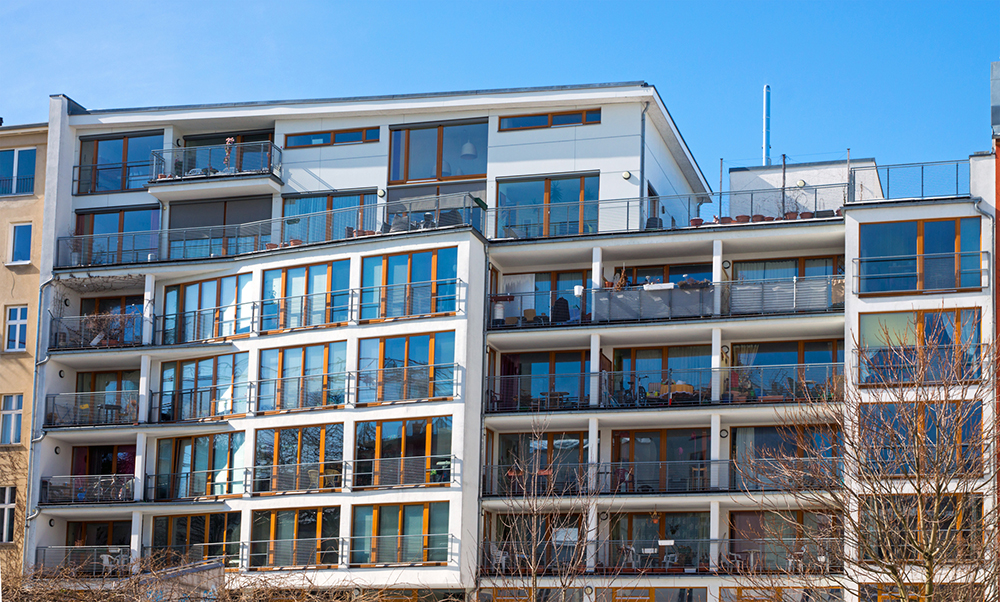Gentrification, or the process of renovating and improving a neighborhood to attract a more affluent population, has become a hot topic in Cherry Hill and many other urban areas across the United States. While some see it as a positive force that brings investment and revitalization to previously neglected areas, others view it as a threat to the character and affordability of their communities. In this article, we’ll explore the impact of gentrification on Cherry Hill’s neighborhoods, and hear from both residents and city officials on their perspectives.

Cherry Hill has undergone significant transformation in recent years, with new developments springing up and older buildings being renovated and repurposed. Some of these changes have been met with enthusiasm, while others have faced criticism from residents who feel that their neighborhoods are losing their identity. One example of this is the redevelopment of the Garden State Park, which has seen the construction of a new mixed-use development that includes luxury apartments, retail space, and a hotel. While some welcome the increased investment and amenities that this development brings, others worry that it will contribute to rising housing costs and the displacement of long-time residents.
One way that Cherry Hill residents are working to combat the negative effects of gentrification is through community-supported agriculture (CSA) programs. These programs connect local farmers with residents who are interested in buying fresh, locally-grown produce. By supporting small-scale agriculture, CSA programs help to preserve the rural character of Cherry Hill’s surrounding areas, while also promoting healthy eating and sustainable living. Additionally, they provide a way for residents to support their neighbors and build a stronger sense of community.
City officials are also working to address the impact of gentrification on Cherry Hill’s neighborhoods. The township has implemented policies to encourage the preservation of affordable housing, such as the Cherry Hill Affordable Housing Trust Fund, which provides grants to developers who create affordable housing units. Additionally, the township has established the Cherry Hill Planning Board, which is responsible for reviewing proposed development projects and ensuring that they are in line with the township’s vision for growth and development.
In conclusion, gentrification is a complex issue that affects communities in a variety of ways. While some see it as a positive force for change, others worry about the impact it will have on the character and affordability of their neighborhoods. By supporting local farmers and implementing policies to preserve affordable housing, Cherry Hill residents and city officials are working to ensure that their community remains a vibrant and welcoming place for everyone.



